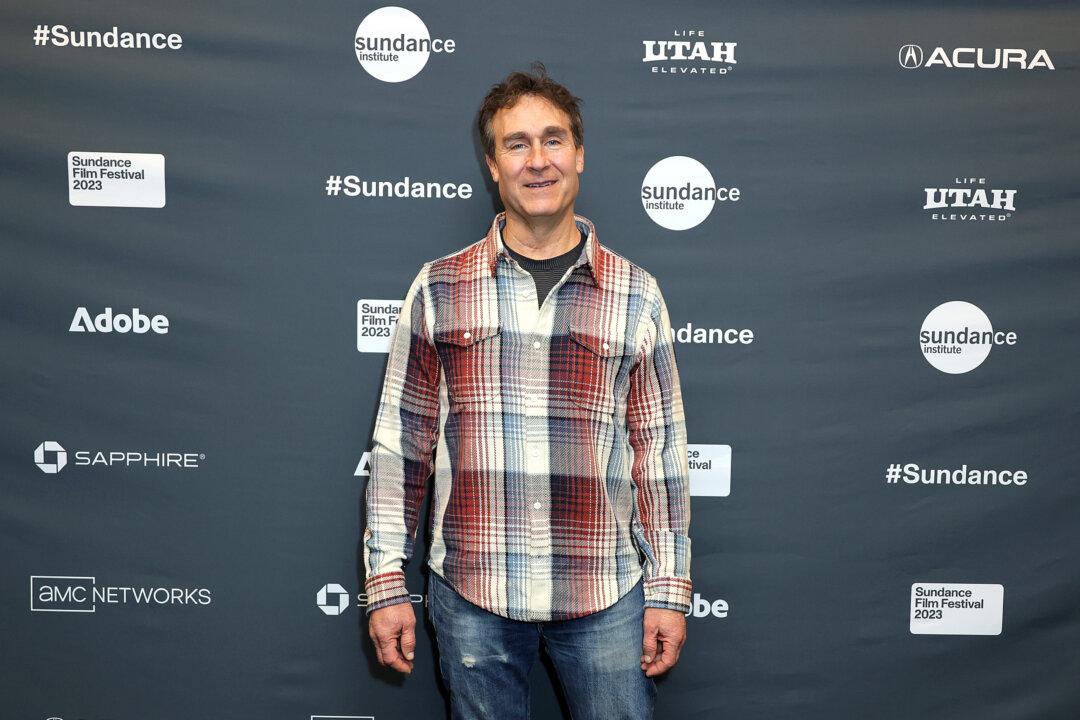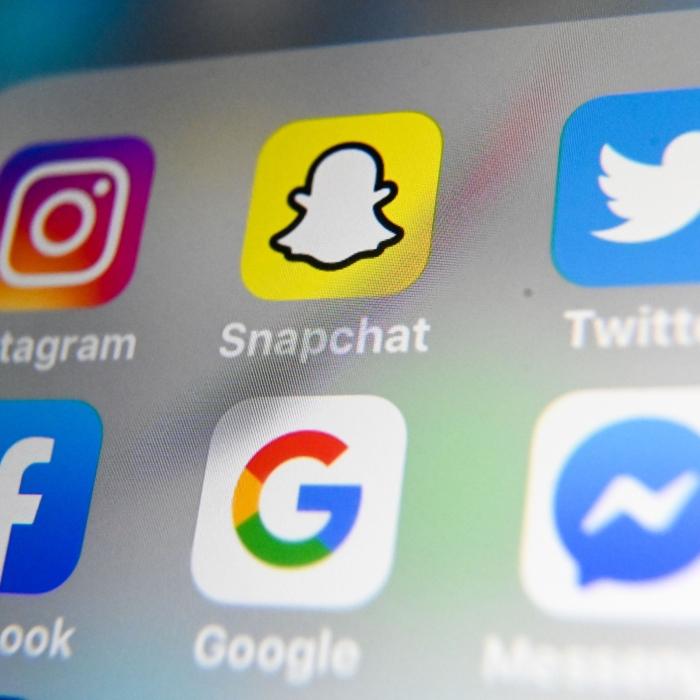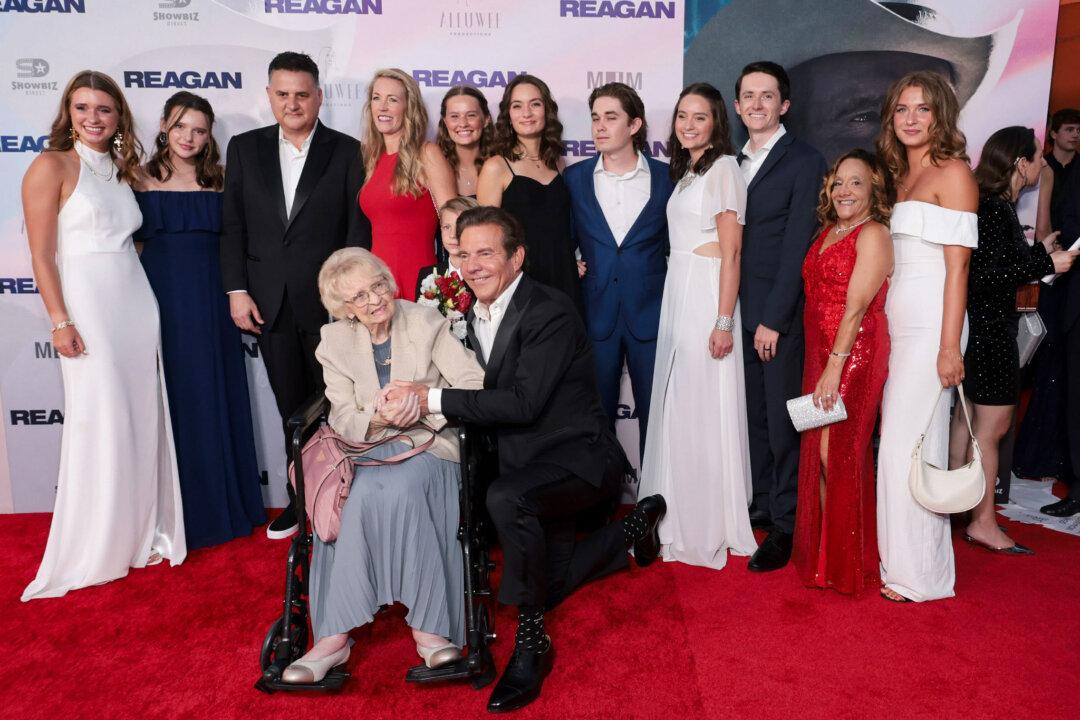The director of the “Road House” remake, Doug Liman, has announced his decision not to attend the film’s premiere, expressing discontent with Amazon’s choice to release the movie exclusively on streaming platforms rather than in traditional cinemas.
Mr. Liman, known for his directorial work on films such as “The Bourne Identity,” “Mr. & Mrs. Smith,” and “Edge of Tomorrow,” has revamped the 1989 Patrick Swayze classic, casting Jake Gyllenhaal in the lead role of a former UFC fighter turned bouncer at a remote bar.
According to Mr. Liman, Amazon informed him that Road House had outperformed all their previous films in testing and resonated better with audiences compared to his earlier hits. However, the studio opted for a streaming-only release and resisted selling the film to another studio, a decision Mr. Liman finds impactful beyond just this specific movie.
“This could be industry shaping for decades to come,” Mr. Liman remarked, highlighting the potential consequences of not showcasing major films in theaters. He argued that the absence of movie theaters would hinder the production of commercial box office hits, essential for studios to take risks on original projects and emerging directors, ultimately impacting the entire industry.
The director emphasized the communal experience of watching films in theaters, pointing out that data indicates movies perform better on streaming platforms after a physical release. He suggested that Amazon’s decision may be driven by algorithms aimed at increasing subscribers by eliminating competition from traditional cinemas.
IMAX CEO Favors Theatrical Releases
Mr. Liman is not the first director or actor to condemn studios bypassing theatrical releases for streaming services.IMAX CEO Richard Gelfond has emphasized the significance of the theatrical window, asserting that some streaming services are beginning to recognize its importance.
Mr. Gelfond’s remarks coincide with Disney’s recent earnings report, which fell short of expectations despite a notable increase in Disney+ subscribers. The IMAX CEO pointed to the success of “Top Gun: Maverick” during the summer, highlighting its record-breaking performance as Paramount’s highest-grossing film worldwide.
Marvel actress Scarlett Johansson sued Disney back in over the movie studios’ decision to release “Black Widow” in theaters and on Disney+ simultaneously, contending that her contract was violated.
Ms. Johansson alleged that her contractual arrangement with Disney’s Marvel Entertainment explicitly promised an exclusive theatrical release for her standalone film. Furthermore, a significant portion of her compensation was tied to the film’s box-office performance.
Upon learning about the dual release strategy for “Black Widow,” Johansson purportedly engaged in negotiations with Marvel. However, according to the lawsuit, neither Disney nor Marvel responded to her attempts to address the matter.
The challenge for theatrical releases lies in attracting audiences to cinemas and generating ticket sales. In contrast, streaming platforms aim to gain and retain subscribers, focusing on long-term engagement. The success of the former is measured by box office receipts and subsequent revenues, while the latter is assessed through subscriber growth and Wall Street valuations.
While Netflix, a major player in streaming, has occasionally given movies limited theatrical releases before their digital launch, it has generally been reluctant to release films in theaters widely. At Cinema-con, Gene Del Vecchio, an adjunct professor of marketing at the USC Marshall School of Business, pointed out that Netflix’s hesitance is rooted in risk aversion and the significant costs associated with theatrical marketing.







